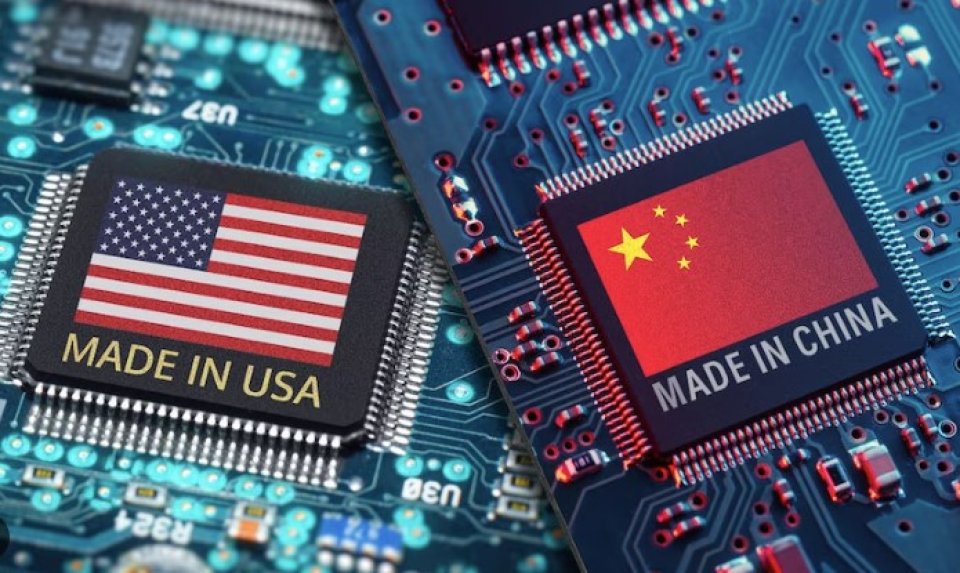The new measures, unveiled by the outgoing Biden administration, have raised the political temperature between the world’s top two economies ahead of the imminent inauguration of President-elect Donald Trump. Chinese leader Xi Jinping has made self-sufficiency a major pillar of his economic strategy to make China a tech superpower.
On Monday, the US Commerce Department announced curbs on the sale of two dozen types of semiconductor-making equipment and restrictions on numerous Chinese companies from accessing American technology.
The goal of the new controls, US Commerce Department officials said, was to slow China’s development of advanced AI tools that can be used in war and to undercut the country’s homegrown semiconductor industry, which threatens the national security of the US and its allies.
China’s Commerce Ministry condemned the move, accusing the US of “abuse” of export controls and posing “a significant threat” to the stability of global industrial and supply chains.
“The US preaches one thing while practicing another, excessively broadening the concept of national security, abusing export control measures, and engaging in unilateral bullying actions. China firmly opposes such actions,” the ministry said in a Monday statement.
A day later, it banned outright the sale of a number of materials crucial for the production of semiconductors and electric vehicle batteries to the US. The export of gallium, germanium, antimony and other “super hard” materials will not be permitted because they may be used for military purposes, according to the ministry.
China had restricted the sale of some of these materials last year, as the tech rivalry between the two sides escalated. However, there was previously an option for companies to apply for special permits to export to the US, a loophole that now appears to be closed. (CNN)







